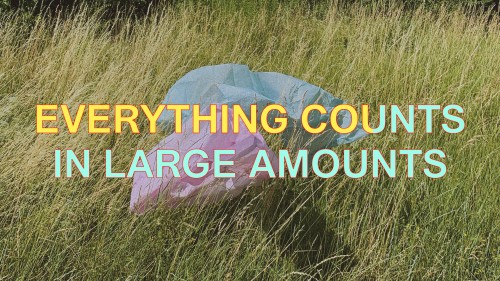re:publica has always been a place for engagement and responsibility, for emancipation and empathy in our (digital) society. As a well-established major event, we have a special responsibility and aim to contribute to the sustainable development of society—in both our programme and our production. Within the scope of our event concept, we look at the question of how best to take social and planetary boundaries to heart and act within them. We highlight courses of action to live more sustainably, how to shape digitalisation socially and ecologically, and how technology can be used to advance sustainable goals. We showcase projects that enable a more inclusive society and tackle exclusion. For many years, re:publica has been on the path to more sustainability in event production as well. This includes testing recycling and upcycling concepts, working on accessibility, as well as strategies for more energy efficiency and reducing waste. From short distances and reusable stand construction and equipment to vegan and vegetarian catering and rental furniture—in many ways we feel we are already on the right track. But there is still a lot to do. Time to get to work!
For us, sustainability is a holistic concept that determines our actions and thinking in order to help shape the socio-ecological transformation. This is not always easy, because we fail often enough, because we still have a lot to learn ourselves, but above all because we want to be transparent, we will document our sustainable efforts on this page and on our social media channels and share our thoughts, ideas and insights with you.
We look forward to an open exchange with you to improve and develop a festival that reflects sustainability in all its dimensions.
You have questions, ideas and suggestions? Contact us at nachhaltigkeit (at) re-publica.com
